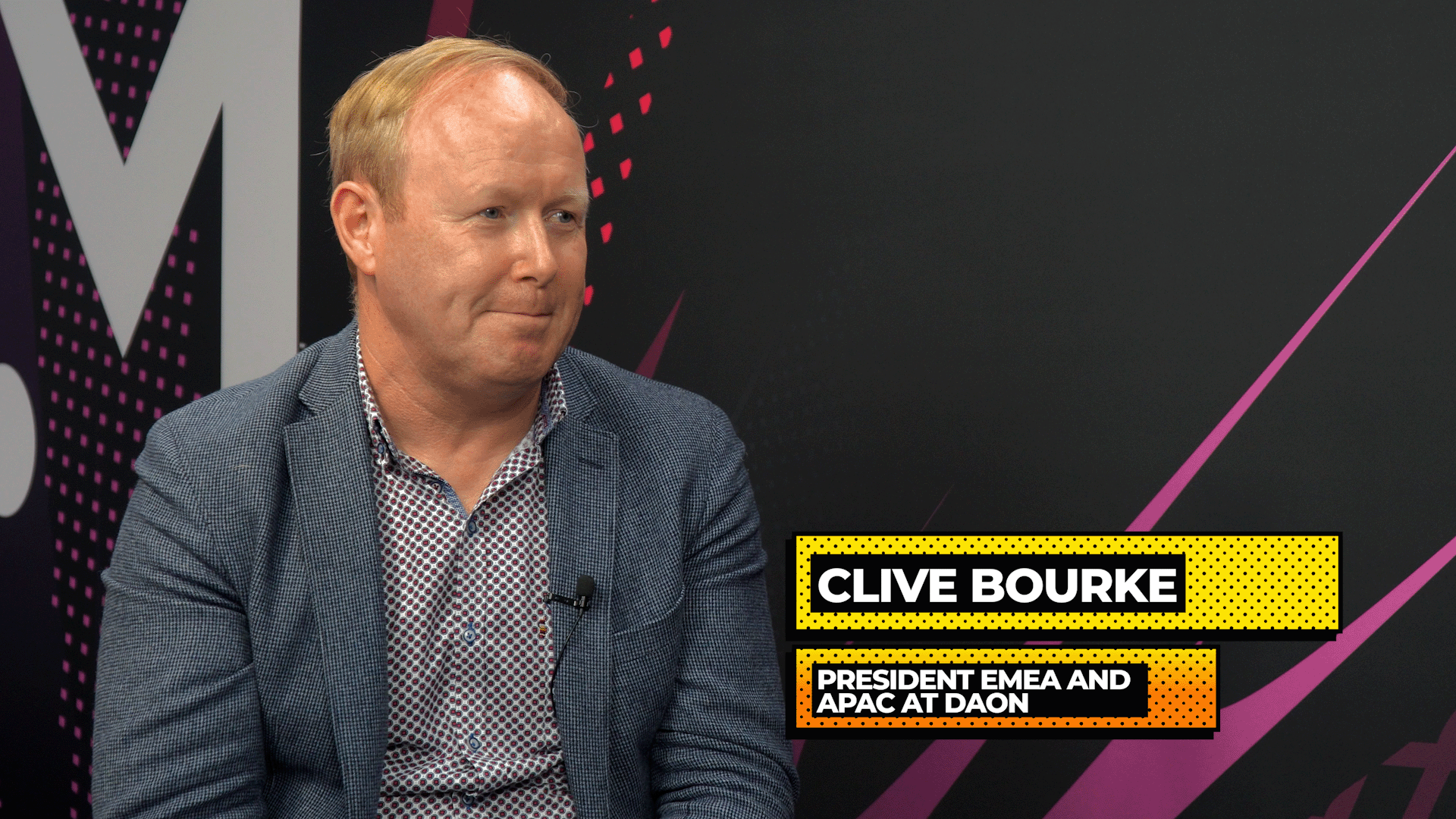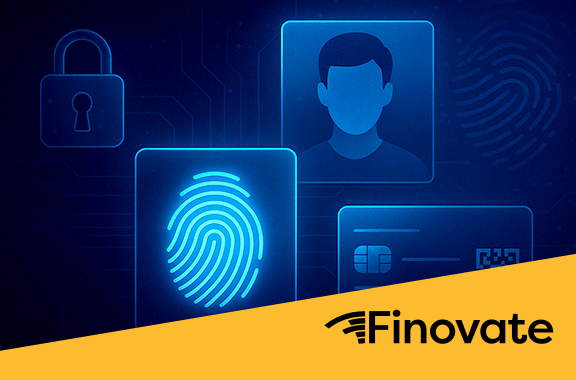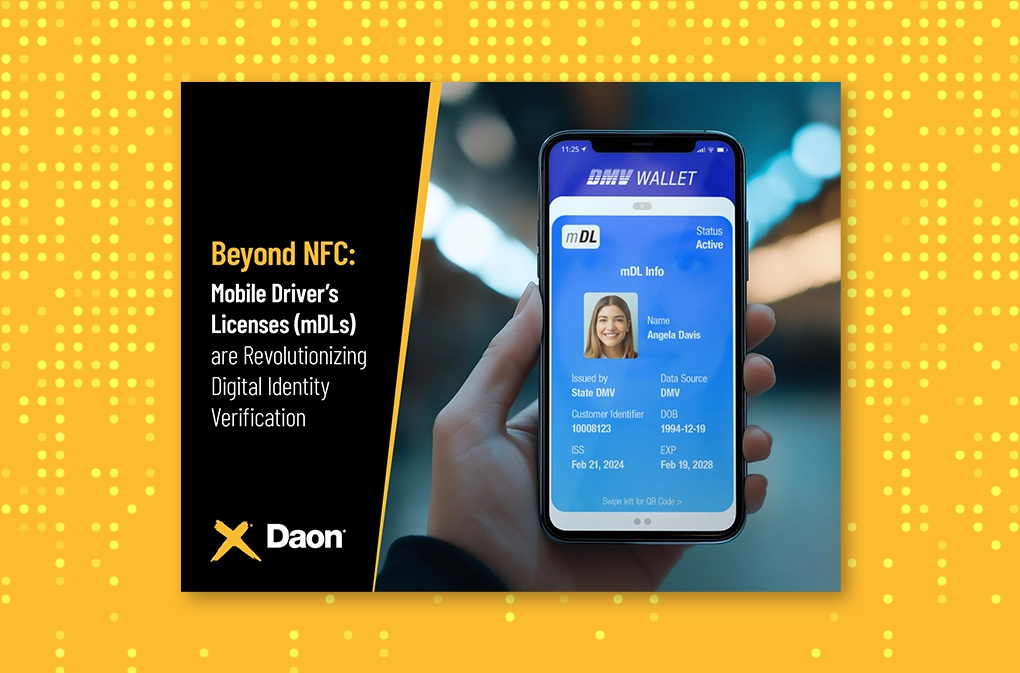The Real Cost of Healthcare Fraud
Protecting patient data and maintaining compliance is a race against time as the rate of cyberattacks and their sophistication continue to increase
by Conor White, President, Strategic Initiatives
March 2, 2023
As healthcare organizations continue to digitize patient records, they and their patients become a target for fraudsters and other bad actors who are looking to gain access to valuable data. With access to confidential patient data, fraudsters can commit a variety of crimes, from identity theft to financial fraud, costing both patients and companies precious time, money, and energy. The potential risks associated with healthcare data breaches continue to increase as hackers become more sophisticated – and their innovative fraud tactics will only get tougher to defend against. Healthcare organizations must take new steps now to protect their patients’ sensitive information and company records from cybercriminals.
Healthcare fraud has significant costs, both financial and non-financial, that affect individuals, healthcare providers, and society as a whole.
Financial costs:
- In the U.S., healthcare fraud is estimated to cost tens of billions of dollars annually, according to the FBI.
- Healthcare fraud can increase healthcare costs, including insurance premiums, out-of-pocket expenses, and taxes.
- Fraudulent activities may result in improper payments and overbilling by healthcare providers, leading to losses for government programs, like Medicare and Medicaid.
Non-financial costs:
- Healthcare fraud can lead to inadequate or unnecessary medical treatments and services, which can harm patient health and well-being.
- Fraudulent activities may also result in the distribution of counterfeit or substandard medical products, which can pose serious risks to patient safety.
- Healthcare fraud undermines the integrity of the healthcare system and erodes public trust in the healthcare industry, all of which negatively impacts the level of care available to patients.
Regulations Protecting Patient Healthcare Records
The protection of patient health records is of the utmost importance. There are various U.S. laws and regulations in place to ensure that this sensitive information is appropriately safeguarded. Fraudulent activities related to the electronic collection, handling, storing, or transmitting of patient health records can lead to legal action and financial penalties. It is important for organizations to understand the various laws and regulations in place so they can remain compliant with them. Three of the most important laws protecting patient records are HIPAA, FCA, and ACA.
Health Insurance Portability and Accountability Act (HIPAA)
HIPAA sets national standards for the privacy and security of individuals’ protected health information (PHI) and establishes penalties for those who violate these standards. HIPAA requires healthcare providers and other covered entities to implement administrative, physical, and technical safeguards to protect PHI from unauthorized access, use, or disclosure.
False Claims Act (FCA)
The FCA prohibits individuals and organizations from submitting false or fraudulent claims for payment to government healthcare programs, such as Medicare and Medicaid. The FCA imposes significant financial penalties on those who violate this law and includes provisions for whistleblowers who report fraud.
Affordable Care Act (ACA)
The ACA includes provisions aimed at reducing fraud, waste, and abuse in the healthcare system, including increased funding for fraud prevention and enforcement efforts, enhanced screening and enrollment requirements for providers, and expanded authority for government agencies to investigate and prosecute fraud.
These laws and regulations work together to protect healthcare records from fraudulent activity, promote transparency and accountability in the healthcare system, and ensure that patients receive high-quality, cost-effective healthcare services. However, if healthcare systems are not protected with robust security measures, fraud can occur; it is therefore the responsibility of any healthcare organization handling private information to protect that data.
The Rising Cost of Healthcare Fraud
Estimating the exact cost of healthcare fraud is challenging due to the complexity of the U.S. healthcare system and the various types of fraudulent activities that can occur. However, there have been several close estimates of the financial cost of healthcare fraud in recent years.
According to the National Health Care Anti-Fraud Association, healthcare fraud costs the United States tens of billions of dollars each year. In 2020, the association estimated that healthcare fraud totaled approximately $83 billion annually.
A 2019 report from the US Government Accountability Office (GAO) estimated that improper payments made by the Centers for Medicare and Medicaid Services (CMS) totaled $28.9 billion in 2018. While not all of these improper payments were the result of fraudulent activity, some portion of them likely were.
Healthcare fraud imposes a significant financial burden on the U.S. healthcare system and taxpayers. Efforts to prevent and detect healthcare fraud are essential for promoting the integrity and sustainability of the healthcare system.
Fraud is Personal
Besides the overall economic cost of healthcare fraud, there are, importantly, personal and corporate costs. If someone steals a patient’s health records, it can lead to serious consequences for both them and their healthcare provider, not to mention the emotional toll a case of healthcare fraud can take on all individuals involved.
Medical identity theft and financial loss
Health records contain a wealth of personal information, including the patient’s name, date of birth, Social Security number, and medical history. If a cyber criminal gains access to this information, they may be able to use it to open credit accounts, file fraudulent tax returns, or even obtain medical services in the patient’s name. A fraudster may also use a patient’s health records to obtain prescription drugs or medical devices using their identity, which can disrupt the patient’s medical care.
Reputational damages
Stolen health records can be leaked to the public, whether online, or otherwise. Patients in the public eye are especially susceptible to this kind of crime, but any individual who is concerned about the privacy of their sensitive medical information may be worried about the reputational damages caused by fraud.
Legal consequences
Stealing or misrepresenting health records is illegal and can result in legal consequences for both the thief and the victim, with the latter party, in rare cases, being forced to seek legal counsel and paying fees related to receiving said legal services.
Mitigating the Risk of Healthcare Fraud
Customer Identity and Access Management (CIAM) solutions that are secured by biometric technology can play an important role in preventing medical fraud. CIAM can ensure that individuals seeking healthcare services are really who they claim to be.
Identity verification
Healthcare providers can use document validation and biometrics, such as fingerprint or facial recognition technology, to verify the identity of patients before providing services. This can help to prevent fraudsters from using fake identities or stolen information to obtain medical services.
Authentication
Biometrics can also be used to authenticate individuals who are accessing electronic health records or other sensitive healthcare information. By requiring biometric authentication, healthcare providers can prevent unauthorized access to medical records and other confidential information.
Biometrics-powered identity verification and authentication are powerful tools in the fight against healthcare fraud. By leveraging identity management technologies, healthcare providers can improve the accuracy and security of their services and protect patients (and their organization) from the harmful effects of fraud.
Your Partner in Fighting Healthcare Fraud
At the heart of these challenges is the crucial need for trust in the healthcare industry as it charts a course through the constantly changing digital landscape. Trust is precisely what healthcare organizations gain when they turn to identity solutions from Daon®.
IdentityX® is the world’s most versatile identity platform, performing over 250 million authentications daily and helping to secure over 2 billion identities globally.
Using Daon’s proven identity verification and FIDO+ authentication, healthcare organizations gain the security and privacy of FIDO in conjunction with the enhanced capabilities of server-side biometrics.
To learn more about how IdentityX can help you stay ahead of fraudsters, schedule a free demo today.








